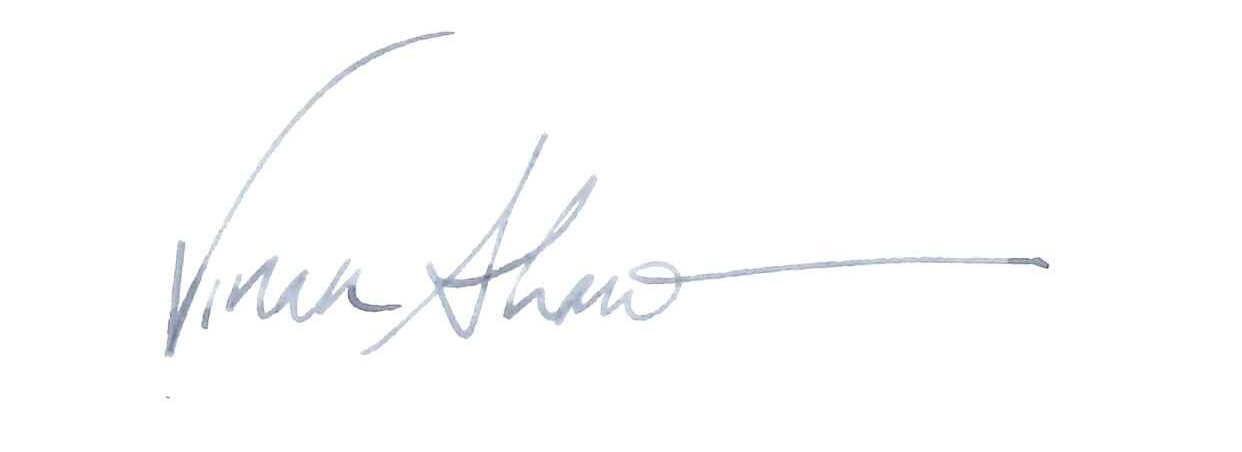On research, being That Person, and knowing when to let it go
So research is for fun, and research is for writing.
I will never get over how lucky I am to have lived before the internet and seen it change the way we learn, which has allowed me to appreciate the vast and staggering wealth of information now available at our fingertips. If I want to look up the location of US Radium’s carnotite mines in Colorado or the spectrum of the Venusian sky, I can. If I want the complete transcripts of The Goon Show, or of any of the Apollo missions, I can find them. If I want to know how somebody would walk through a city I’ve never seen in my life, and describe exactly what they’d be looking at, turn by turn and landmark by landmark, I can do that. Back in the old days I’d have been limited by the catalog of the libraries to which I had access, and without academic credentials it can be really difficult to get anybody to let you in to read cool things, let alone photocopy them. Research was hard, hard work.
It is so easy these days to look things up, and that in itself opens up a new and somewhat paradoxical failure mode: not knowing when to stop. One of the things you learn as you go is how much you don’t know, and this simply keeps unfolding, realization after realization of just how much information you don’t have. It is possible to start off looking up something fairly straightforward like valve gear on a steam locomotive and find yourself surfacing hours later from an article on absorption refrigeration with a head full of thermodynamics (but not the actual information you’d begun the journey looking for). It is also entirely possible to get so bogged down in the minutiae of detail that you simply stop moving, paralyzed by the extent of how much you need to learn to get this right – and here is the part I am getting better at, as I get older: determining where the cutoff is between necessary knowledge and stuff vanishingly few people are going to care about. For any given piece of work, that cutoff is going to be somewhere slightly different: but it’s like that locomotive’s valve gear, adjusting the point in the stroke where steam enters and exhausts the cylinder to make it do the most powerful or efficient work.
Remember that you don’t need to put it all on the page. You don’t need to stuff your work with those details any more than you need to list each individual movement by a character in a scene. Exhaustive descriptions of sequential blocking are incredibly dull (there is almost never a reason to write “She then [did a thing]” unless you are giving testimony) and so are extensive catalogues of detail. It’s possible to combine this unnecessary amount of information with a profound lack of having done the actual research, which is an impressive but perhaps not entirely admirable feat.
Up to a point, people need to know you know what you’re talking about. Glaring factual errors will throw someone out of your story if they’re familiar with the subject matter; even if they’re not, you owe it to yourself and your work to try to avoid that kind of mistake. (An example: A person with severe oculocutaneous albinism is not likely to have the visual acuity required to be a sharpshooting assassin, even if you think it’d look super cool.) Less obvious mistakes, like not having checked whether or not a character would be capable of getting from point A to point B in a city within a certain length of time, also challenge your credibility. For me, the ideal situation is one in which I know a great deal more detail about what is going on in any given scene than I am necessarily putting on the page; I would be able to answer questions about it if called upon to do so, but I don’t feel it incumbent upon me to put it all in. You need to know the details; your reader may not.
And try not to be That Person. It's difficult not to be when you do know somebody’s got it wrong (and everyone else doesn’t seem to), but in the majority of cases no useful purpose will be served by pointing out how high on the Dan Brown Scale of Did Not Do the Research* the piece happens to be.
*TM.
